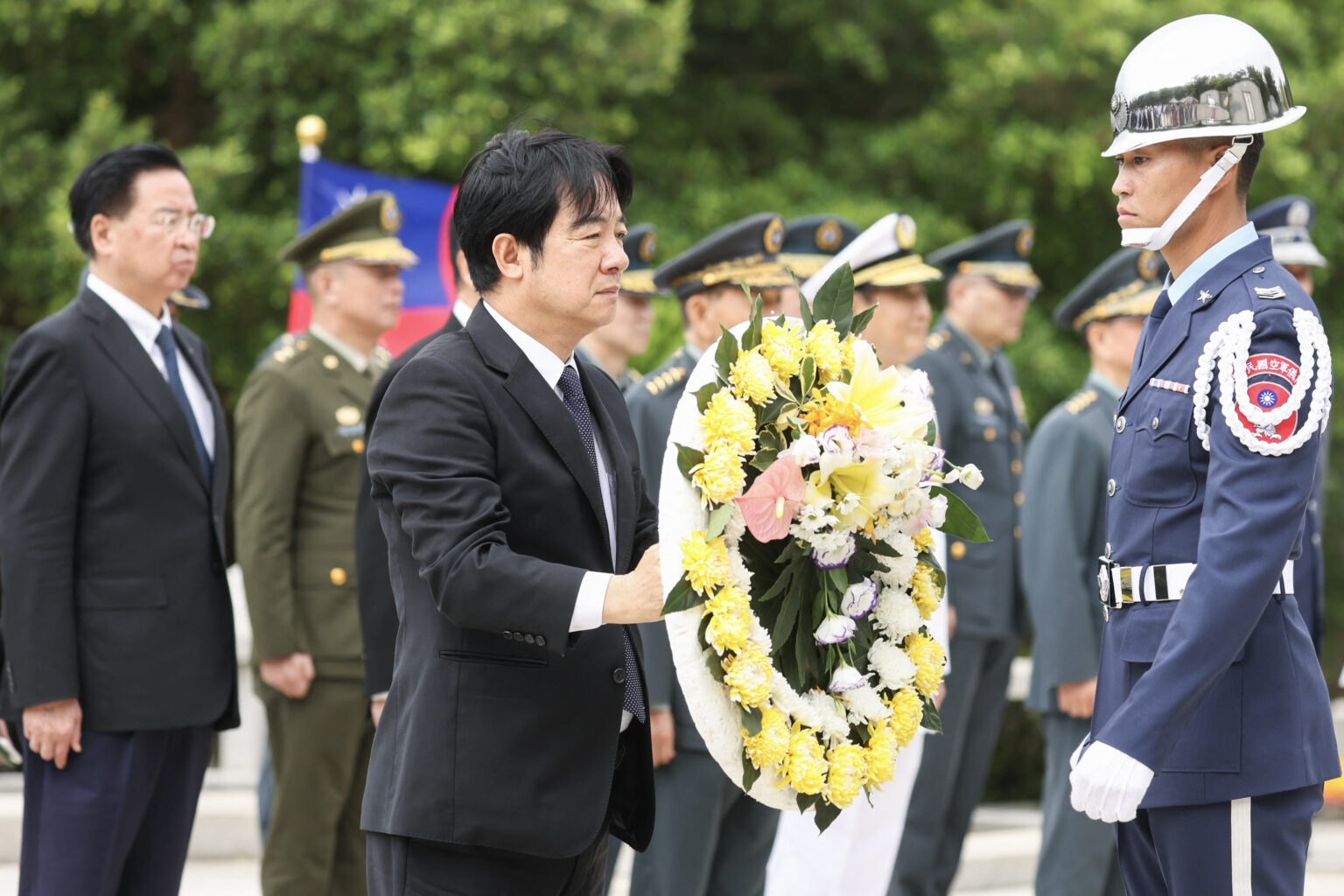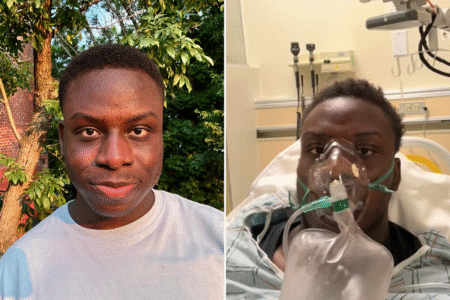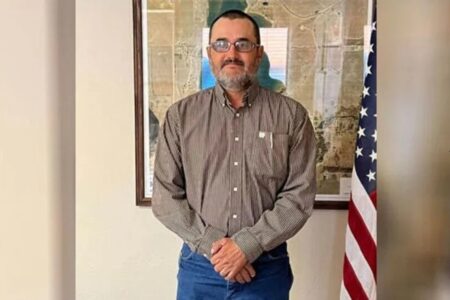President Lai Ching-te of Taiwan will visit Hawaii, and possibly Guam, both key to U.S. power projection in the Pacific, as part of his first international trip as president, according to a new report.
China claims Taiwan as a rogue territory, despite the Chinese Communist Party never governing there and has vowed to eventually bring it into the fold, through force if necessary.
Beijing opposes international visits by Taiwanese heads of state and regards Lai, who is from the China-skeptic Democratic Progressive Party and took office in May, as a “separatist.” In April 2023, China held three days of punitive military drills around Taiwan after former President Tsai Ing-wen met with House Speaker Kevin McCarthy in the U.S. while on a stopover during her visit to allies in Central America.
A Reuters exclusive on Friday cited six sources, speaking on the condition of anonymity, as saying Lai would make a brief stop in Hawaii in the coming weeks as part of a tour of Taiwan’s Pacific allies. The state is home to the headquarters of the U.S. Indo-Pacific Command.
They didn’t specify which countries those would be, but only three nations in that region—Palau, Tuvalu and the Marshall Islands—still maintain diplomatic ties with Taipei.
According to four of the sources, Lai may also visit Guam. As part of the so-called second island chain, the U.S. territory is part of the country’s efforts to counter China’s military rise in the region and hosts military bases key to that aim.
China is determined to isolate Taiwan on the world stage, pressuring international organizations such as the World Health Agency to deny it membership and Taiwan’s allies to sever ties. China has poached five, including three Pacific nations, in the past five years.
“We always firmly oppose the U.S.’s arrangement for such a transit trip, Chinese Foreign Ministry spokesperson Lin Jian said during Friday’s regular press briefing.
“We urge the U.S. to abide by the one-China principle and provisions in the three China-U.S. joint communiques, not to allow Lai Ching-te to transit, not to send any wrong signals to Taiwan independence forces, and take concrete actions to uphold China-U.S. relations and peace and stability across the Taiwan Strait,” he added.
Newsweek reached out to the Chinese Embassy in the U.S. and the Taiwanese Foreign Ministry with written requests for comment.
The U.S. State Department declined to comment and referred Newsweek to the Taiwanese government.
The three communiques between the U.S. and China were hashed out as the two countries normalized ties during the 1970s and early 1980s. In the third communique, the U.S. agreed to gradually draw down its arms sales to Taiwan, though former President Ronald Reagan later said it was made clear to China that the timeline depended on the degree of perceived threats to Taiwan.
The U.S. remains Taiwan’s top foreign weapons provider, despite not officially recognizing the island democracy. China routinely condemns these arms sales as violations of its sovereignty.
On Wednesday, Lai met with a delegation from the Center for a New American Security, a Washington, D.C.-based think tank focused on defense policy and national security, led by former Indo-Pacific Command chief Admiral John Aquilino.
Lai said he looked forward to carrying out defense reforms and hearing views on “on how best to continue deepening Taiwan-U.S. relations as we explore even more opportunities for cooperation,” according to Taiwan’s Presidential Office.
Read the full article here














